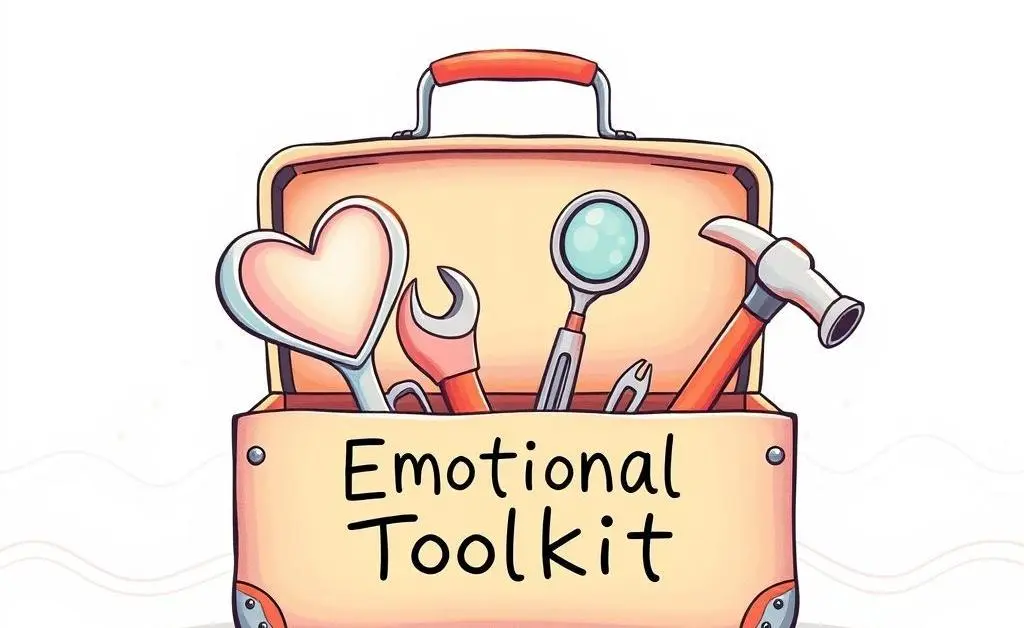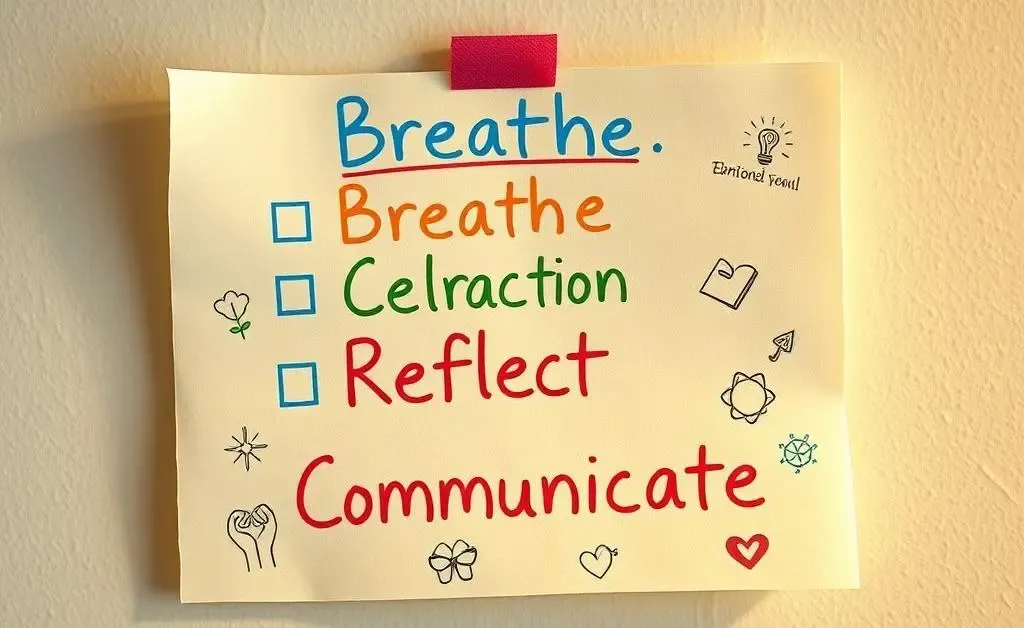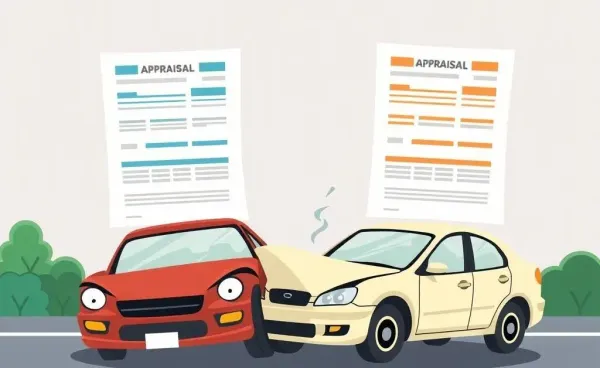Unpacking Emotional Intelligence: Why It Matters and How to Cultivate It
Explore the power of emotional intelligence and how it shapes our personal and professional lives.

Have you ever wondered why some people seem to effortlessly connect with others, while some find it challenging? The secret sauce might just be emotional intelligence (EI), a powerful yet underrated skill that shapes how we interact with the world.
What is Emotional Intelligence?
At its core, emotional intelligence refers to the ability to recognize, understand, manage, and influence our own emotions and those of others. Imagine having a toolkit but instead of wrenches and screwdrivers, it's filled with empathy, self-regulation, and social skills.

Why Emotional Intelligence is Essential
Understanding emotional intelligence can significantly impact both personal and professional spheres. Think of personal relationships where communication is key, and workplaces where being emotionally astute improves collaboration and conflict resolution.
A True Story of Empathy in Action
Consider this: Jane, a lead designer at a tech firm, noticed a dip in her team's morale. Instead of pushing them harder, she decided to listen actively to their concerns. With empathy, she was able to identify stresses and implement supportive changes, resulting in heightened morale and creativity. Her success wasn't just about leadership skills; her emotional intelligence played a crucial role.

Building Your Emotional Intelligence
Here’s how you can cultivate your emotional intelligence:
- Start with Self-Awareness: Reflect on your own emotions regularly. What triggers them? How do they influence your behavior?
- Practice Empathy: Put yourself in others' shoes. Try to understand their feelings and perspectives.
- Improve Communication: Practice active listening and mindful speaking. Encourage open and honest dialogues.
- Manage Stress Effectively: Incorporate relaxation techniques like deep breathing, meditation, or yoga into your routine.

Conclusion: The Ever-Growing Journey
While enhancing emotional intelligence is a journey, the rewards are profound. By fostering stronger relationships and creating more harmonious environments, you enrich both your life and those around you.
What’s one new habit you could incorporate to boost your emotional intelligence? Share your thoughts.




